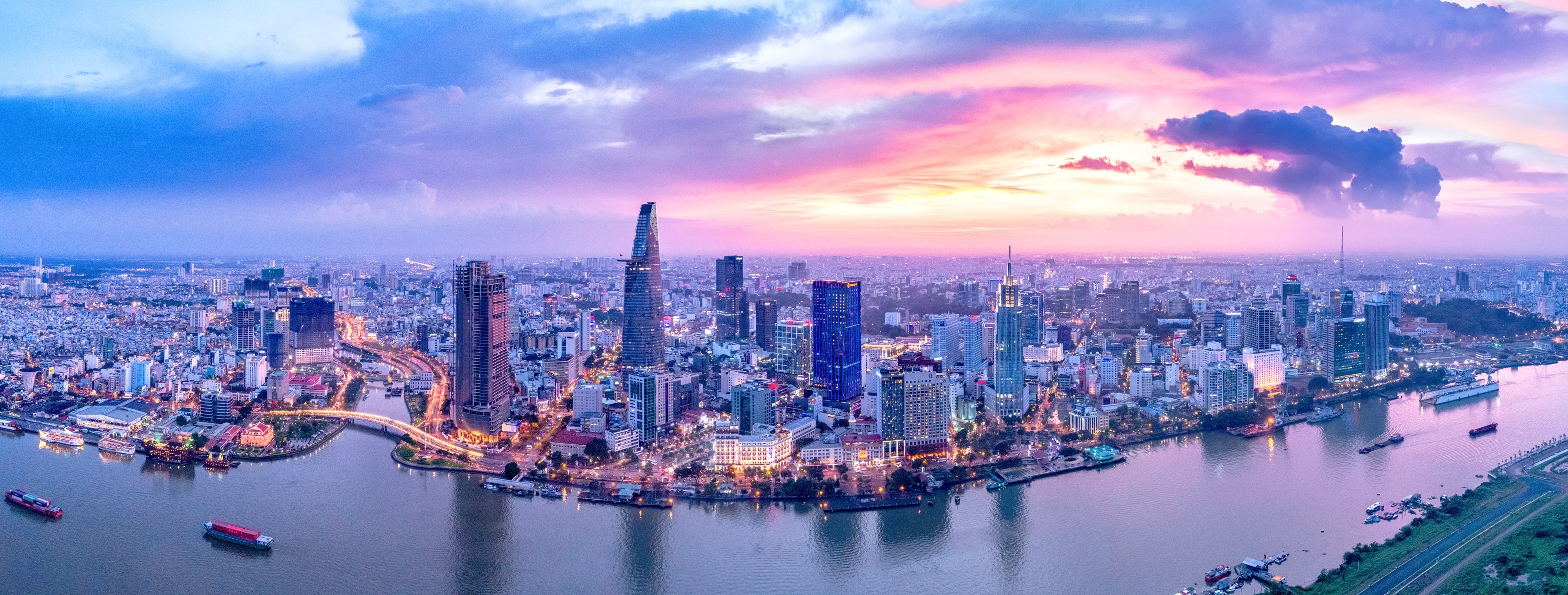
In January 2007, Vietnam officially joined the World Trade Organisation. It marked a new era of prosperity following years of political isolation and economic impoverishment. Just over a decade on, Vietnam has cemented its status as one of South-East Asia’s fastest growing and most outward looking economies, with trade deals coming thick and fast.
Among these deals, sweeping agreements with Japan stand out as a crowning achievement. VJEPA (Vietnam-Japan Economic Partnership Agreement) and AJCEP (Asean-Japan Comprehensive Economic Partnership Agreement are an ambitious effort to put once rocky relations between the two countries on a new footing.
October 2009’s VJEPA was Vietnam’s first bilateral agreement after joining the WTO, enhancing the ASEAN-wide trade partnership that came into force the previous year. The former mandated Vietnam to reduce 90.6% of Japanese tariffs in 16 years and Japan to eliminate 94% of tariffs on Vietnamese products in 10 years. The latter introduced a range of tariff exemptions across 6,201 produce and service categories (over half of which would be taxed at 0%).
Restaurateurs, hoteliers and other operators in Vietnam’s foodservice and hospitality industries are particularly well placed to benefit from the changes, many of which will kick in this year. 2018 will see lower tax rates on over 5,000 products imported from Japan compared to last year, including raw materials like sugars, fats and machine parts.
International Vietnam
Landmark early deals with Japan provide the model example, but policymakers are looking increasingly further afield to liberalise trade. The possibilities for foodservice and hospitality vendors are similarly optimistic.
Also commencing in 2018 is the Vietnam-Korea Free Trade Agreement (VKFTA). Due to conclude by 2022, prices will fall across a range of Korean imports including confectionery, seafood and flour. Deals are also in the offing with New Zealand, Australia and India, all of which would lower prices for domestic producers and facilitate the opening up of new markets for Vietnam’s fledgling exporters.
Vietnam’s growth now stands among the highest in the region, peaking at a dizzying 7.5% in the last quarter of 2017. The country is providing fertile ground for commerce.
Internationally, tourism provides one example of where Vietnam’s star has grown in recent years. As previously reported on this site, GlobalData predicts Vietnam will host 13.4 million tourists a year by 2021, with analyst Konstantina Boutsioukou arguing “transformative experiences” offered by South-East Asian sojourns are a growing phenomenon in the hospitality industry.
Vietnam will be “one of the preferred desinations for Western Tourists” in 2018 according to Citrus Consult’s Brandon Kua FCSI; “given that there is still demand for hotels and hospitality services in the country,” he says, “operators have a lot they can offer.”
Domestically, Vietnam’s global ambitions are reflected in the country’s increasingly diverse foodservice landscape. Encouraged by the freer legislative climate, superstores are springing up in city centres, with conglomerates like Circle K, B’s Mart and Family Mart a notable addition to Vietnamese high streets.
A springboard to success
The overarching story is that all areas of Vietnam’s economy – and therefore its foodservice and hospitality industries – stand to gain from the country’s shift in favour of free trade. Trade deals make for cheaper and more easily accessible products and services, attractive to consumers and businesses alike.
These deals are helping producers extend their ambitions beyond Vietnam’s borders. The surprise success story of Bichi Chi Food Company, whose rice noodle and rice paper ranges are proving a hit with Japanese consumers, shows how clement economic conditions and legislative frameworks are supplying Vietnamese firms with opportunities they couldn’t have imagined a decade ago.
VinMart – a nascent convenience chain in the 2000s, today one of the country’s largest shopping brands – also reflects Vietnam’s economic potential. Stores like ALDI and Carrefour offer a European parallel for supermarkets riding the wave of continent-wide economic agreements to create cross-border commercial opportunities. Vietnam’s enthusiasm for tariff reductions suggests it won’t be long before the country’s homegrown brands become Asia-wide household names.
All the ingredients are in place for Vietnam’s foodservice and hospitality firms to access a wellspring of global economic potential. As international agreements with Japan, Korea and other Asian giants gather pace over the course of 2018, consultants in the region should prepare to make the most of it.
Thomas Lawrence
